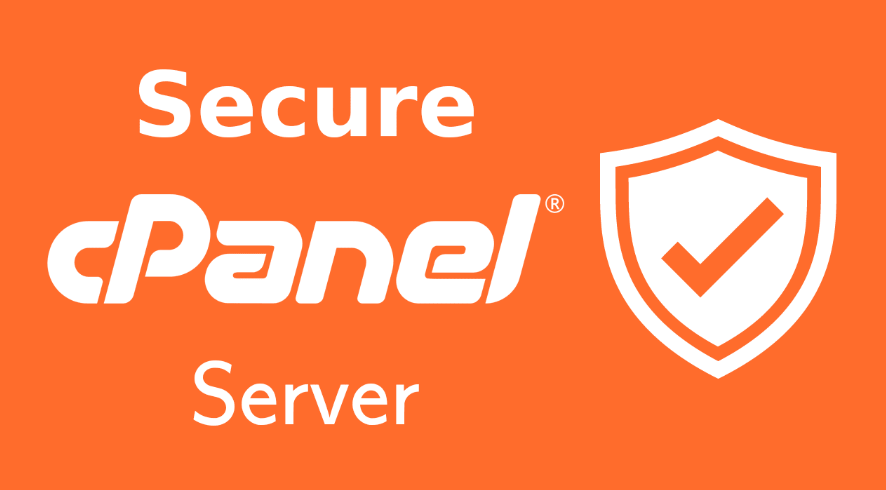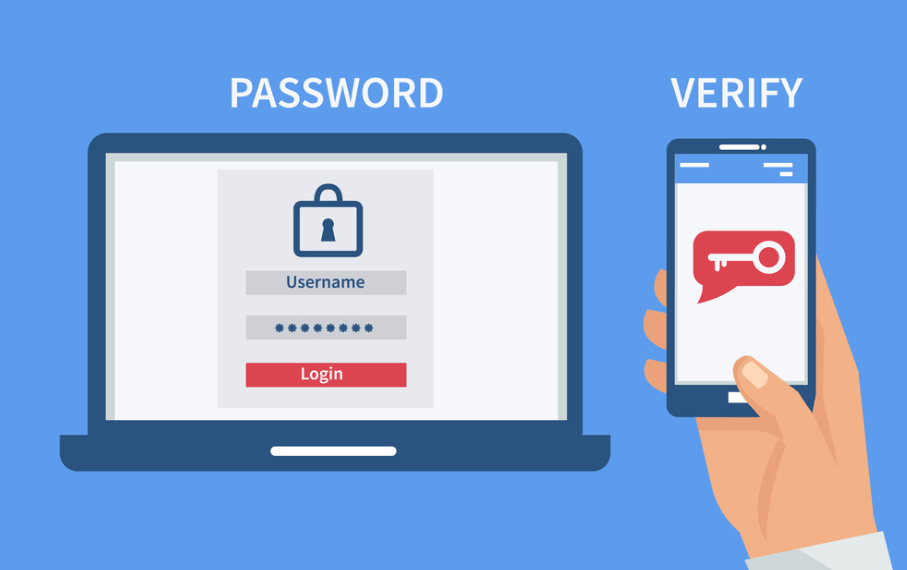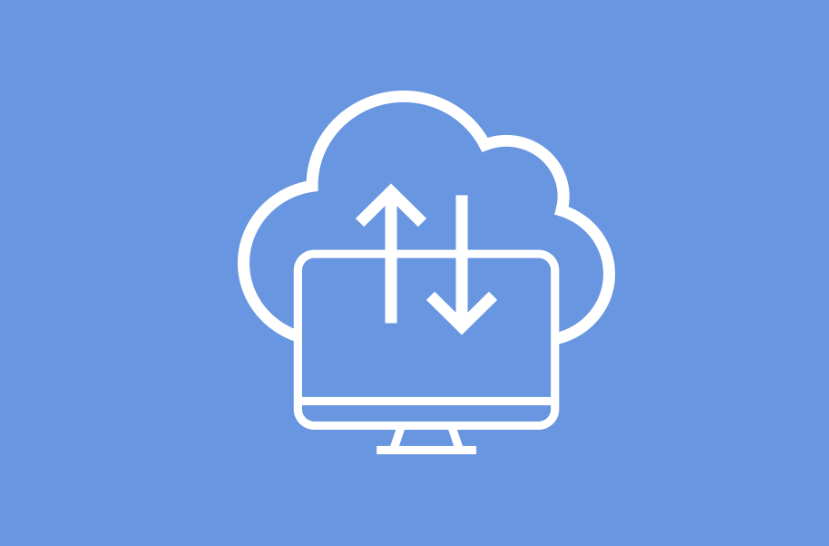Cpanel plays a pivotal role in protecting your website against the various threats on the internet today for multiple reasons. To protect your website and personal information from a cyber attack, some key settings within the cPanel will benefit you greatly. In this blog post, you will read about some of the basic and useful security settings under cPanel that help you secure your website and your valuables.
Understanding cPanel’s Security Center
The Security Center within cPanel is your command center for orchestrating your site’s defense mechanisms. This is where you can define exactly what is to happen, whether you want proper security questions to stop people or if you wish to increase the parameters to make your site more secure against malicious attacks. Investigating the Security Center brings into view several features that are made to improve the security of the website.
Here you can find configurations for changing site settings and can have powerful and flexible protection at the site. Here you can also opt for regulating SSL/TLS connection management, leveraging two-factor authentication, and employing IP address filtering among other things. Connecting with this central point helps you to be always on guard against possible threats that may occur to your website such that you are ready and well-equipped to face all the existing dangers.
Enabling and Configuring SSL/TLS
The most important step that can be taken to secure any site is the enablement of SSL/TLS. This ensures that the data between the user’s browser and website are encrypted, which is one of the best ways to countercheck eavesdropping and cases of data leakage. Within cPanel, website administrators have the tools to activate SSL/TLS certificates easily.
This is not just a flip-of-a-switch kind of setting; a lot of configurations are required to ensure that this suits your website and its security well. From choosing the right certificate to deciding the level of encryption, each step is designed to fortify your website’s defenses. Further, while implementing SSL/TLS is time-consuming, it can affect your site’s SEO ranking and, more importantly, your visitors’ faith in it since browsers have notified users when a site is insecure.
This can be done by using cPanel for an administration that covers all the activities as installation and renewal of certificates, ensuring an update in the encryption protocols, and ensuring security in the data transmission of the website.
Implementing Two-Factor Authentication (2FA)
Two-factor authentication (2FA) provides extra security to your cPanel by confirming login identity, not just by a password. It further enhances security by providing a strong barrier against intrusions instead of merely subtracting some values. By integrating 2FA, you ensure that even if a password falls into the wrong hands, unauthorized users still face a formidable challenge in gaining access.
Setting up 2FA in cPanel is a straightforward process involving selecting a secondary verification method, such as a mobile app or SMS code. Whichever method is chosen, every time a user tries to log in to the system, they must verify their identity through this process to ensure that they are using the right passwords.
This will make the user feel secure, and the chances of someone hacking into the system are reduced considerably. Introducing 2FA is a preventive measure against hackers, which prevents a large percentage of Internet attacks, _ but also an additional security layer for your cPanel account and your website in a world where one password is insufficient.
Leveraging IP Address Deny Manager
The IP Address Deny Manager tool within cPanel empowers website administrators to proactively block access from specific IP addresses or ranges deemed harmful or suspicious. This feature is useful especially in the elimination of possible attacks that arise from the identified sources considered a threat, increasing the protective wall encasing the digital structure. With an intuitive interface, cPanel makes it simple to add or remove IPs from your blocklist, allowing for dynamic management of access to your site.
Utilizing this functionality, administrators can pinpoint and prevent unwelcome visitors, whether automated bots executing brute force attacks or individuals attempting unauthorized entry. The utilization of the feature of the IP Address Denies Manager as a safeguard is reasonable in a concept of layered security measures together with other protective instruments like, for example, SSL/TLS encryption or Two-Factor Authentication.
It adds another layer to how someone can communicate with site owners, and it helps extend your protection against threats that are more and more advanced in cyberspace. I was able to set up most of the blocked IPs actively, and, in effect, it is possible for administrators to effectively protect their websites from potential attacks while at the same time making the sites very secure and hard to penetrate.
Using Hotlink Protection to Safeguard Content
Hotlink Protection within cPanel is a powerful tool to prevent unauthorized websites from embedding your content, such as images or videos, on their pages. This not only safeguards one’s creativity but also saves on excessive bandwidth usage, which can easily be misused. Specifically, the enabling of Hotlink Protection provides a method of limiting the direct link on the requested files from other sites to avert the intended resources being used for purposes other than its intended.
Activating this feature is a straightforward process in cPanel. You have the flexibility to specify which file types to protect and can also allow domains that you trust and wish to allow direct links from. Adopting this selective approach allows you to continue working with partner sites or affiliate sites without endangering your site by giving out too much information or allowing the use of too many of your resources.
Furthermore, Hotlink Protection is another important factor that can affect your web resource’s usability and overall efficiency. This way, you protect yourself from the bad guys while helping your site load faster simply because you will have contained your media files to only those allowed access, hence conserving your bandwidth. This feature is an integral component of security measures, which can work with such measures as SSL/TLS for data encryption and Two-Factor Authentication.
Configuring Password-Protected Directories
The feature of Password-Protected Directories in cPanel provides an efficient method to secure specific sections of your website by requiring a username and password for access. This feature proves particularly useful for sections that store or encompass content private or for any sections containing purely administrative work. Implementing this layer of security is straightforward through cPanel’s interface, where you can select the directory to be protected and manage the credentials that will grant access.
In addition, this setting allows the creation of a highly granulated user model—users will only be permitted access to precisely the content they have the rights to. Password protection ensures that critical information remains confidential and reduces the risk of unauthorized disclosure, whether for a members-only section, confidential business documents, or development environments. Also, this measure enhances the security systems exposed on the website through SSL/TLS encryption and Two-Factor Authentication by providing an extra layer of protection at the directory level, which protects your resources better.
Regularly Backing Up Your Website
The importance of routine website backups cannot be overstated in the realm of digital security. Through cPanel, creating comprehensive backups of your site’s data is made effortless, offering a safeguard against unforeseen data loss due to cyber incidents or hardware malfunctions.
It also provides methods to set up an automated backup schedule since having a backup copy of your website content at certain times is important without requiring manual actions. Such allowance is crucial in effectively responding to failure or breach, fostering quick remediation that helps to minimize downtimes and protects your online image. Incorporating regular backup into your process places compliance with security standards in terms of strengthening the strategies of your online properties against potential disturbances.
As a consequence of backup capabilities provided by cPanel, you can have a more current copy of your site, which is important for those two purposes, as well as uninterrupted service for your users. The frequency of backup is another important facet of a general security strategy in conjunction with other measures, such as SSL/TLS encryption, two-factor authentication, etc., to form a secure firewall around your website.
Staying Updated with cPanel Security News
Keeping abreast of the latest developments and security patches released for cPanel is crucial for the ongoing security of your website. In an era far from being a technology, knowing updates can help you prepare for the right changes and response to cyber threats that threaten your Internet presence. In addition, cPanel constantly updates them with security enhancements based on newly found threats and changes to the existing guards in the update.
Subscribing to cPanel’s official security mailing list effectively ensures you receive immediate notifications regarding security advisories and critical updates. For example, it would help to apply security patches and upgrades that can prevent one’s PC from being used by a hacker before they can exploit it. In addition, there is an official blog and forums for cPanel where you can learn even more regarding the security measures that should be taken, how to provide better protection to your particular website and get useful information from people who are similarly involved with cPanel.
These channels of communication not only put you in touch with the progress regarding security matters within the cPanel community but also increase your awareness of how to utilize the features of cPanel for your site more effectively. These forums are beneficial because you stay up to date with the latest security alerts and updates on cPanel to better secure your website from various threats common on the internet today.


